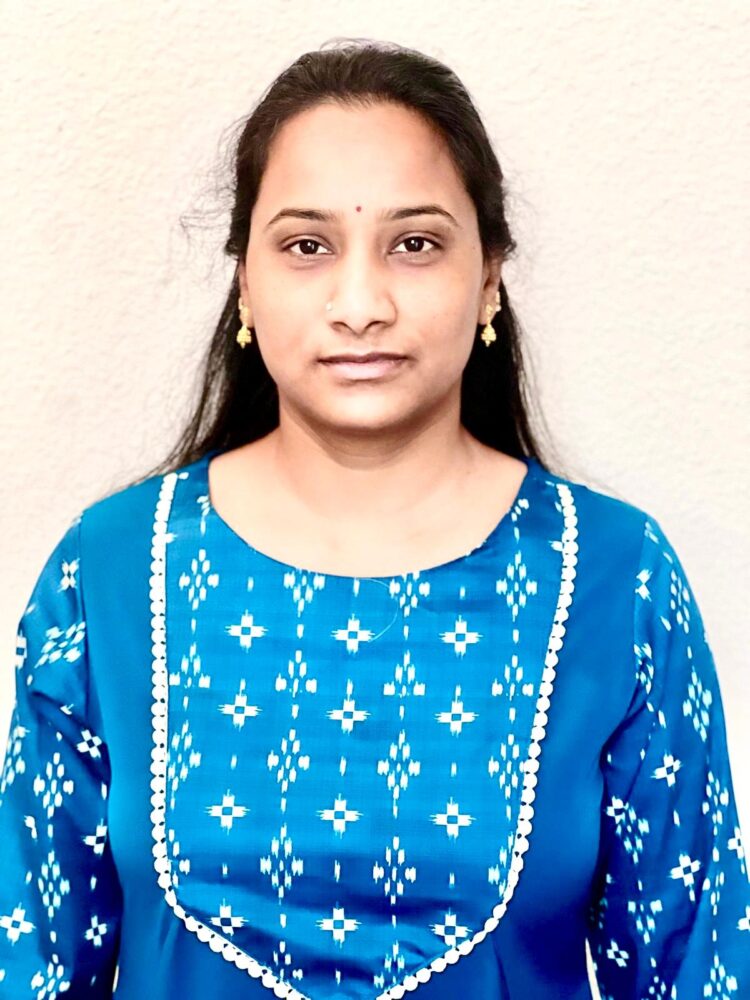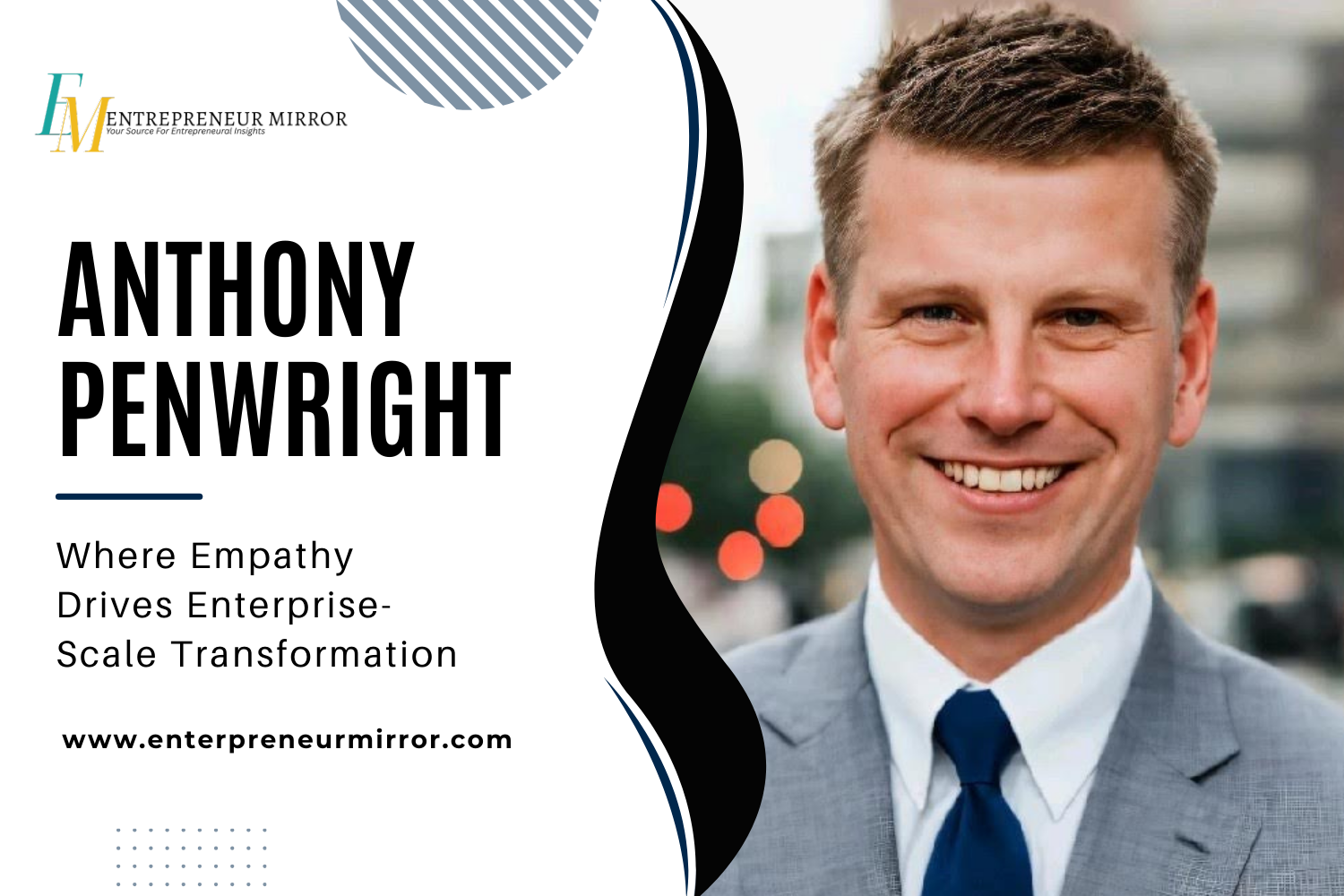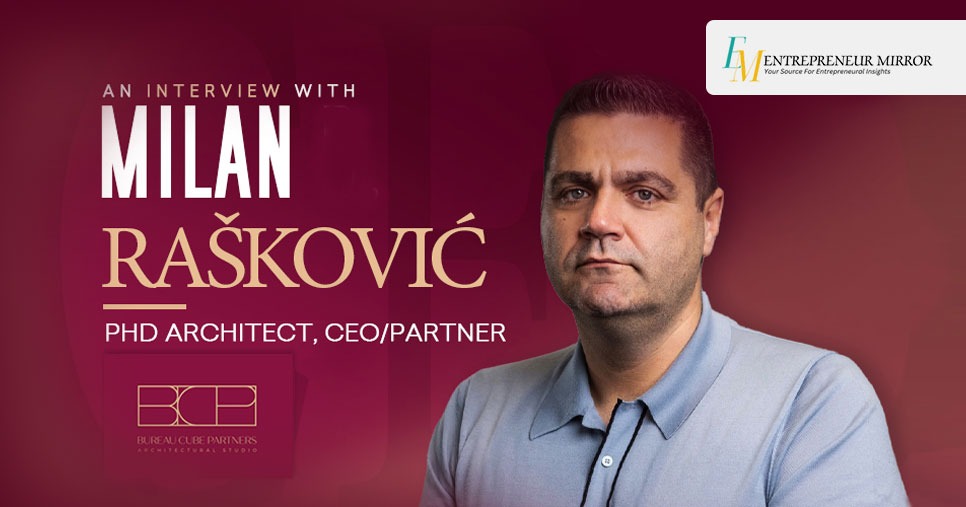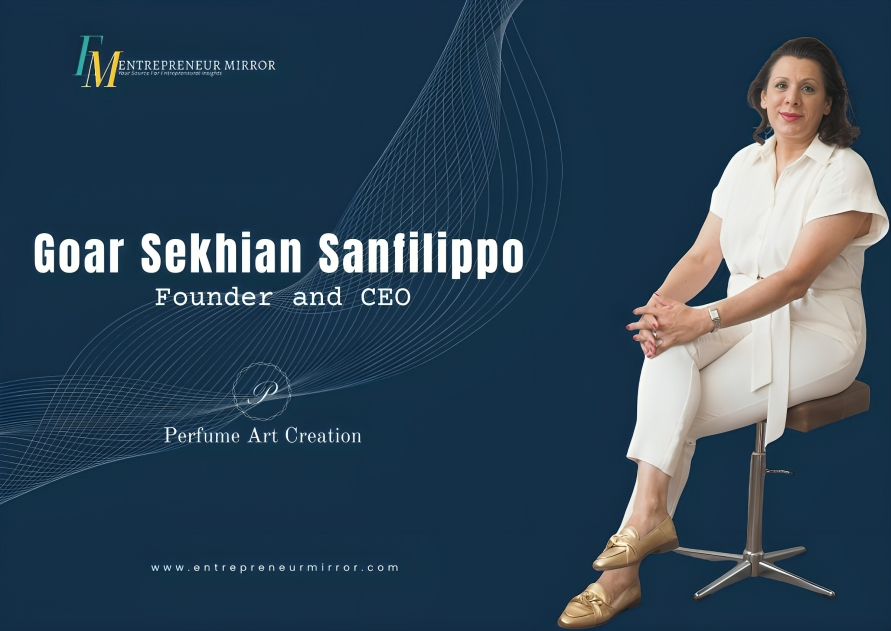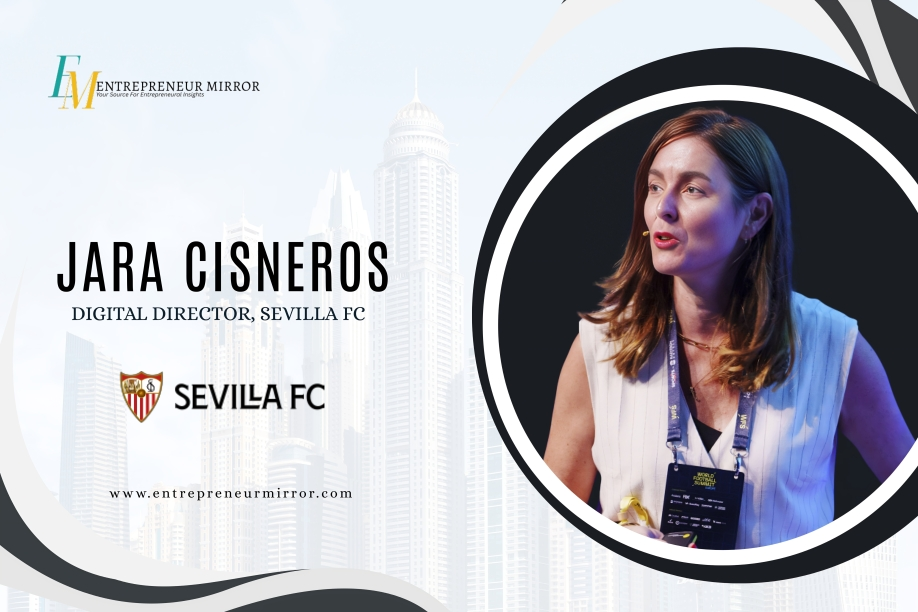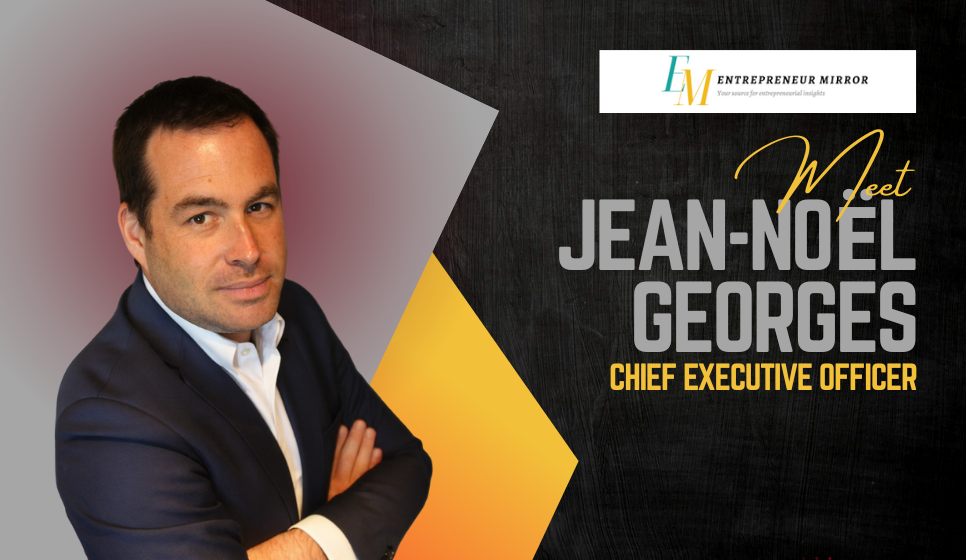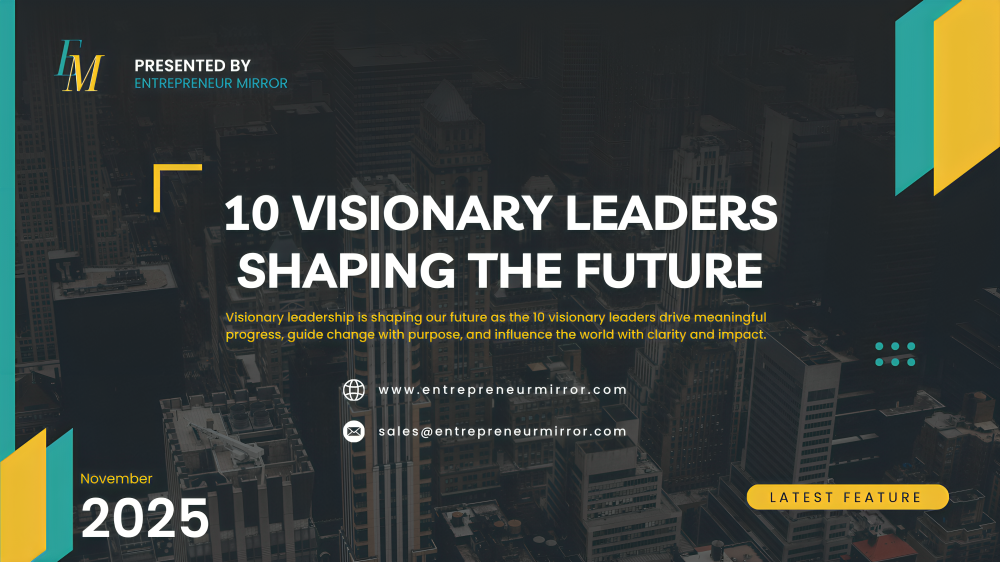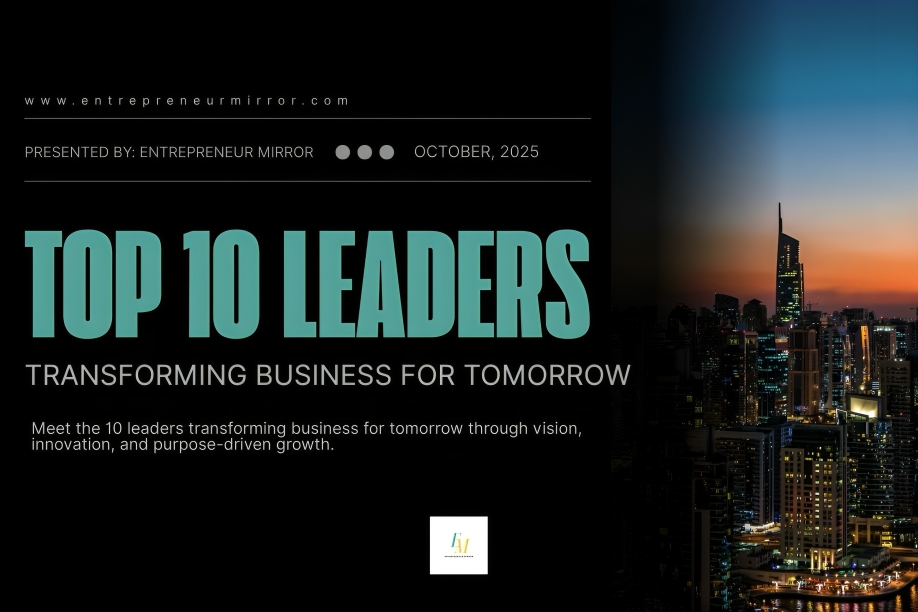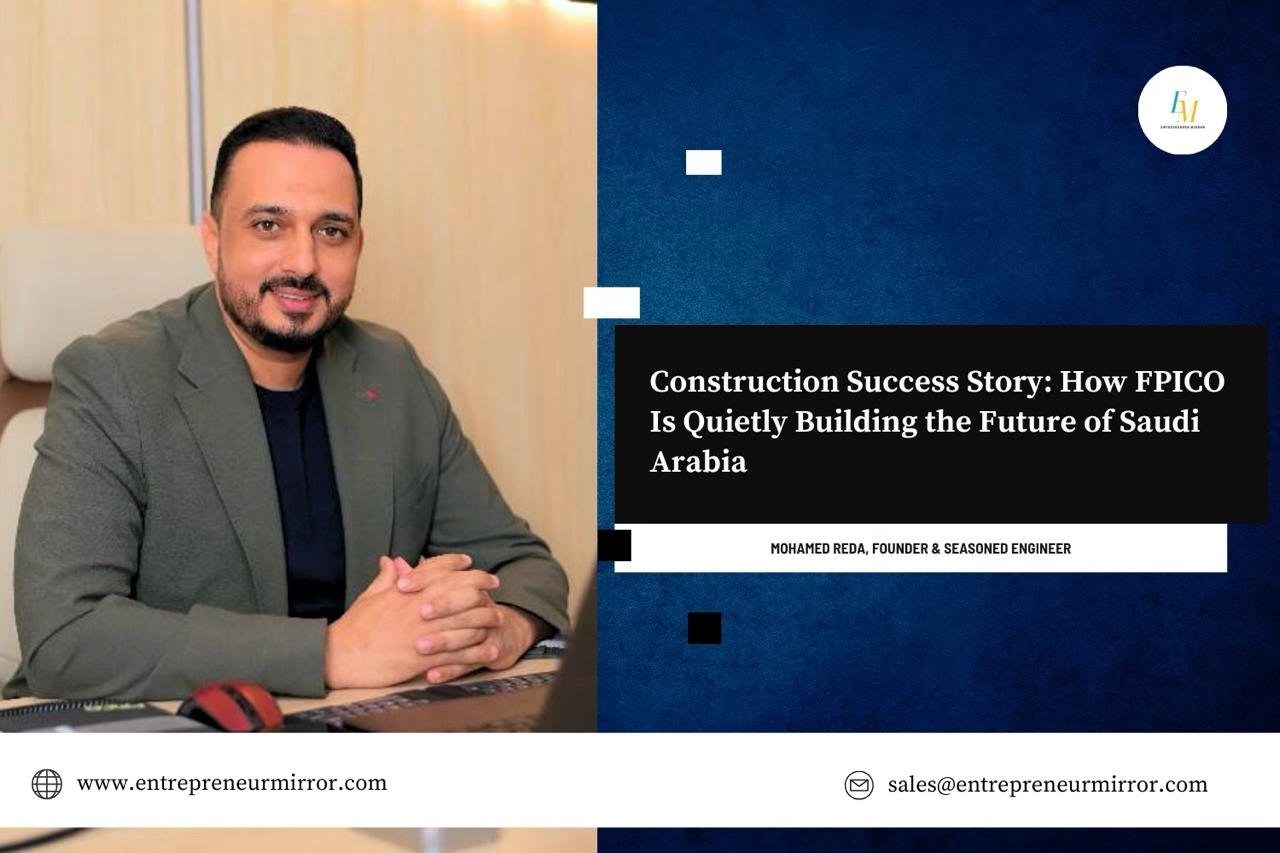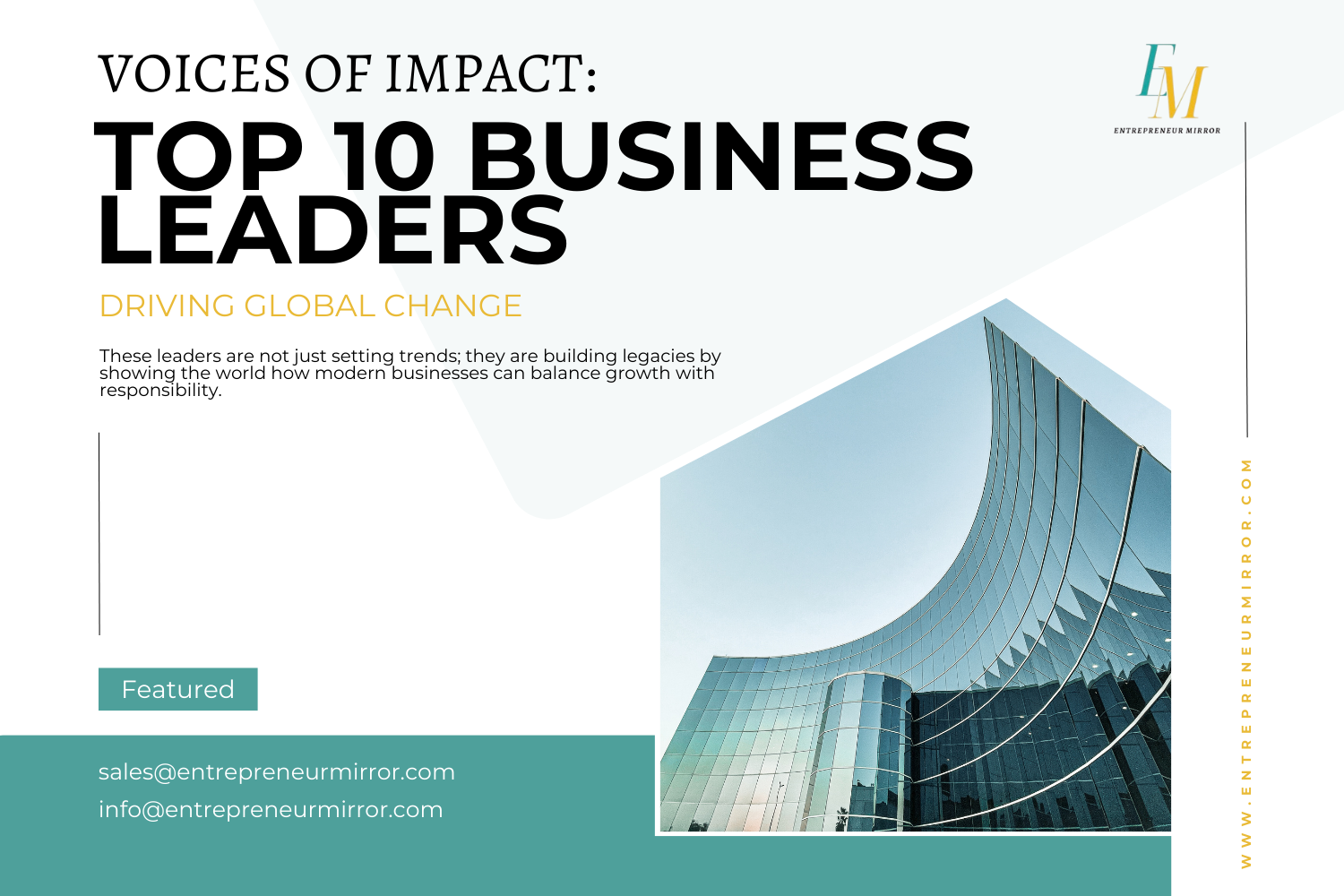Celebrated Senior Data Engineer shares insights on her groundbreaking work in AI-powered data engineering.
When innovation meets impact, recognition follows. Mrs. Rajani Kumari Vaddepalli, a Senior Data Engineer at Callaway Golf, has been honored with the Scopus Index International Best Article Award 2025 in Data Engineering with AI & ML. Her research highlights how the fusion of Generative AI, data engineering, and cloud-native architectures is transforming the way organizations handle data and decision-making.
In this exclusive interview, Rajani reflects on her journey, the inspiration behind her work, and her vision for the future of data engineering.
Award Recognition – Recipient of the ‘Scopus Index International Best Article Award 2025’ for Research & Excellence in Data Engineering with AI and ML.
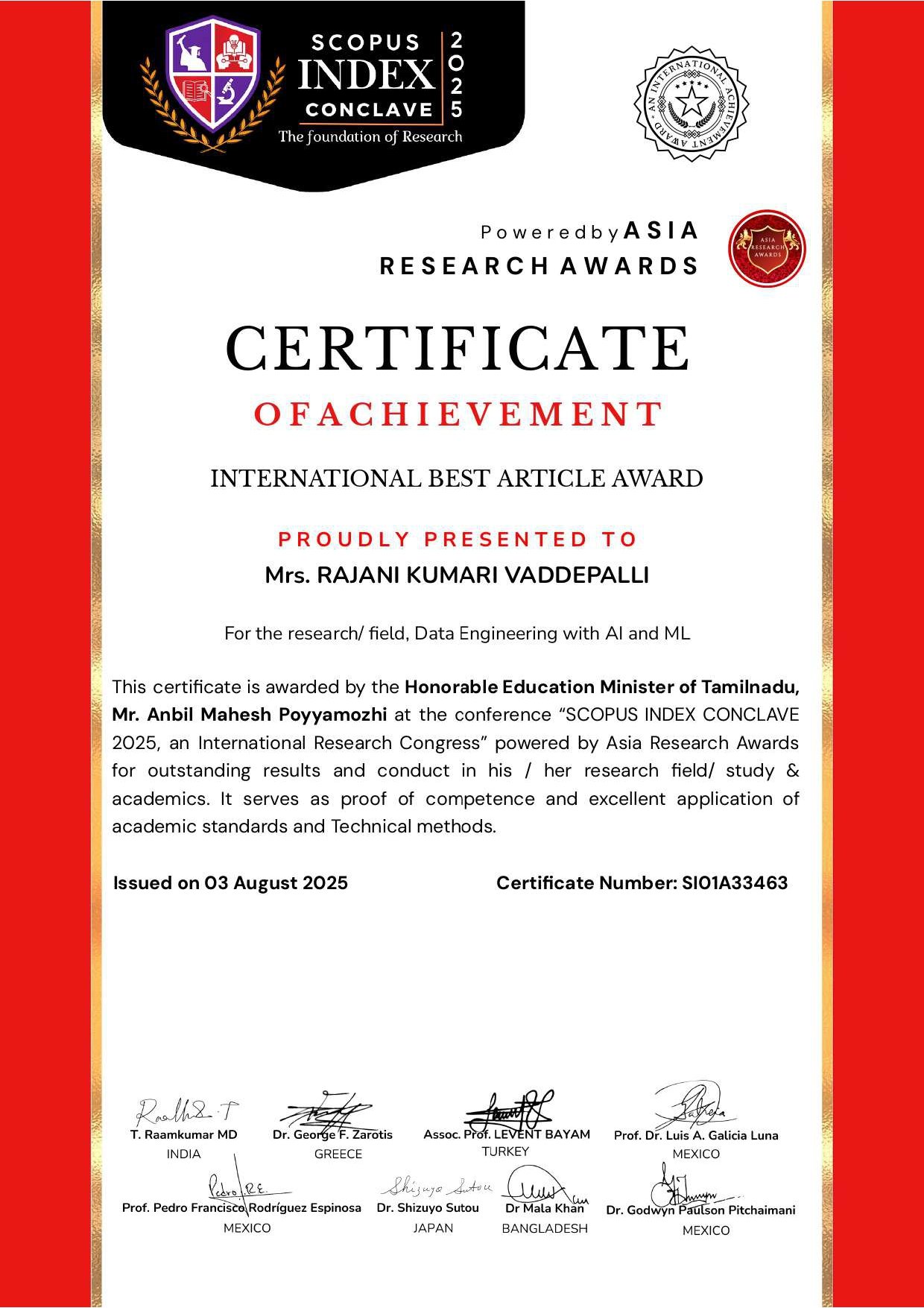
Q&A with Rajani Kumari Vaddepalli
Q1. What inspired you to pursue this research that ultimately won you the award?
Rajani: I have always been fascinated by the way raw data can tell stories and drive strategic decisions. Working at Callaway Golf, I saw firsthand how enterprises could gain an edge if data was not just stored but truly leveraged. That inspired me to explore how AI and ML could automate data processing and deliver insights in real-time, making analytics more accessible and impactful.
Q2. Could you highlight the key innovations in your award-winning article?
Rajani: The central innovation is the seamless integration of Generative AI with cloud data engineering pipelines and visualization tools like Streamlit. Traditionally, data pipelines ended at reporting, but I designed an architecture where data flows into AI-powered dashboards automatically. This not only ensures real-time analytics but also makes insights interactive and actionable for all stakeholders.
Q3. How has your work translated into tangible business value?
Rajani: Businesses depend on timely insights to stay competitive. By automating ingestion, processing, and visualization, we have cut reporting times drastically while improving accuracy. At Callaway Golf, decision-makers now have real-time dashboards that allow them to respond quickly to trends and customer behaviors. The impact is both operational efficiency and smarter, data-driven strategies.
Q4. What challenges did you encounter while bridging academic research with industry practice?
Rajani: The biggest challenge was aligning research rigor with business practicality. In academia, accuracy and novelty matter most, while in business, speed, scalability, and usability are critical. I had to strike a balance, building models that are scientifically strong but also agile enough for enterprise adoption. Additionally, communicating these concepts to non-technical stakeholders shaped my focus on intuitive, user-friendly dashboards.
Q5. Where do you see AI-powered data engineering heading in the next few years?
Rajani: The future lies in democratization of AI, with tools that empower even non-technical users to interact with complex data. We will see wider adoption of explainable AI for transparency, domain-specific AI models for precision, and cloud-native architectures that scale effortlessly. My goal is to continue developing frameworks that make AI both accessible and trustworthy, driving innovation across industries.
Closing Note
Rajani Kumari Vaddepalli’s recognition at the Scopus Index International Best Article Award 2025 underscores her pioneering role in shaping the future of data engineering with AI and ML. Her work stands as a testament to how research can seamlessly translate into real-world enterprise solutions.
Connect with her professional journey here: Rajani Kumari Vaddepalli – LinkedIn
Also Read:
New Delhi Will Host OpenAI’s First Office in India This Year
Ireland Arrests 13 as a Cross-Border Investigation Finds Cannabis Haul

